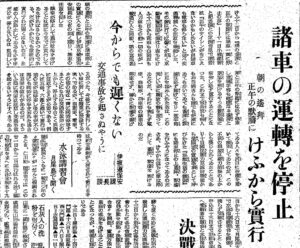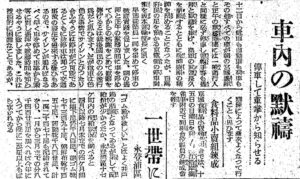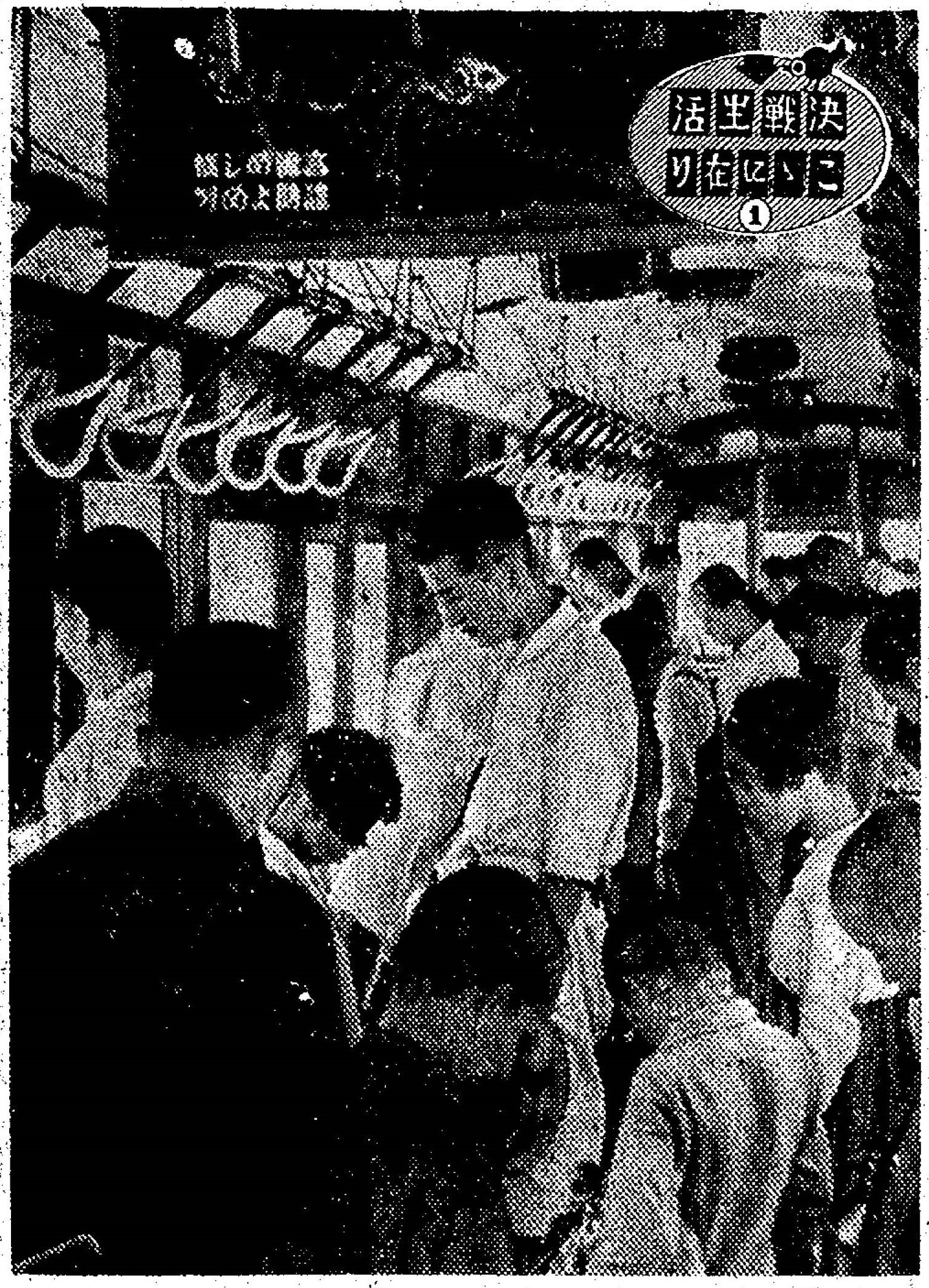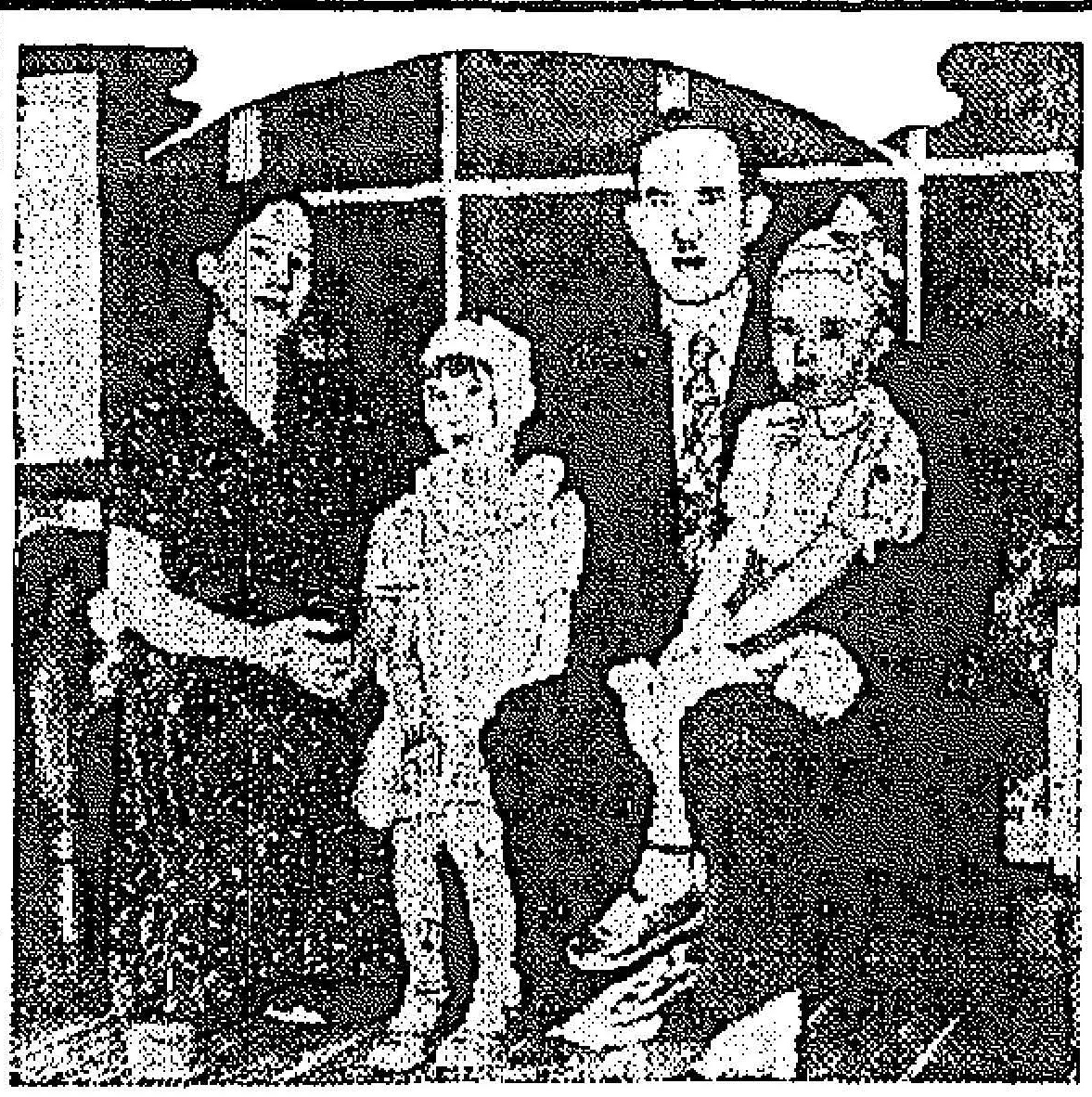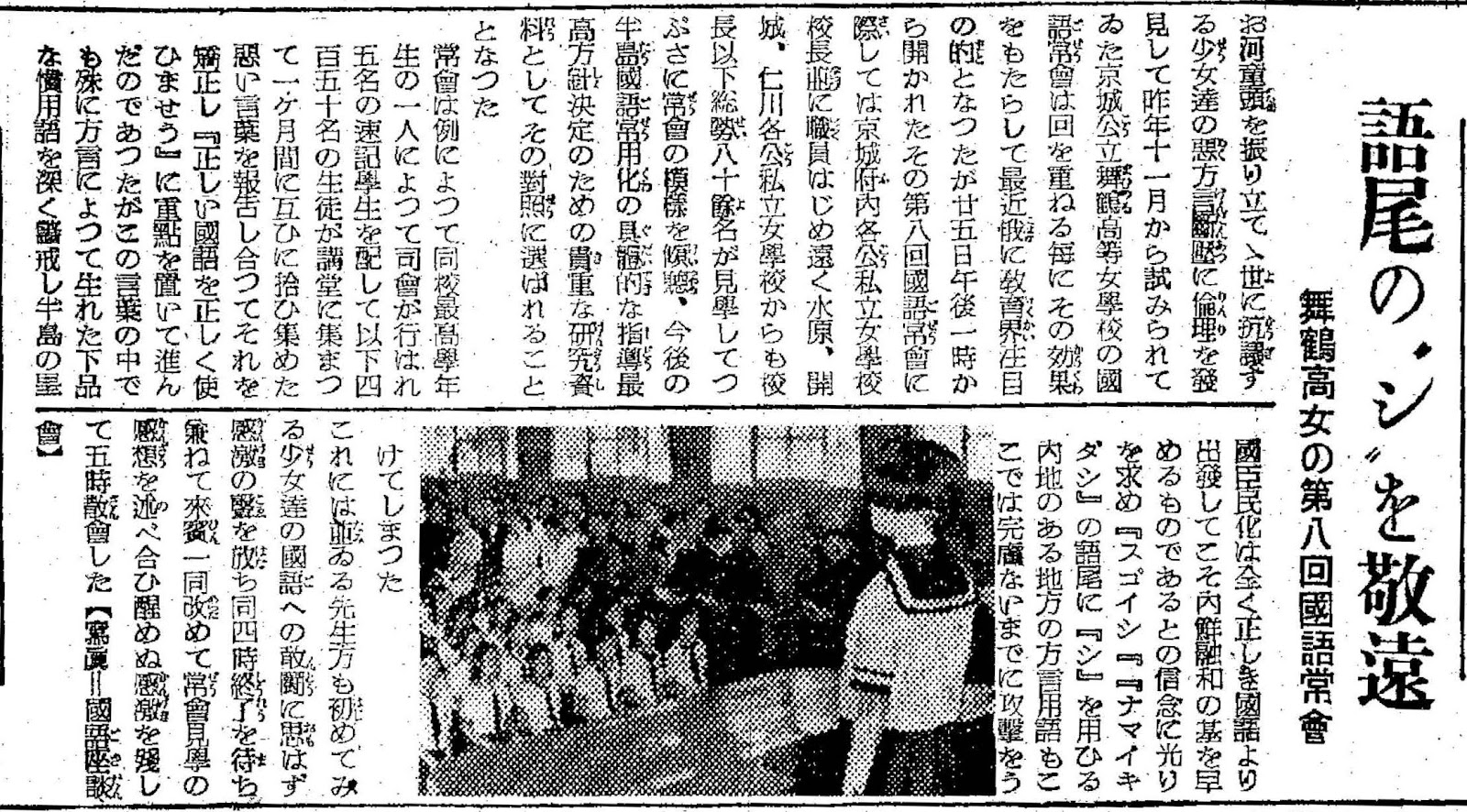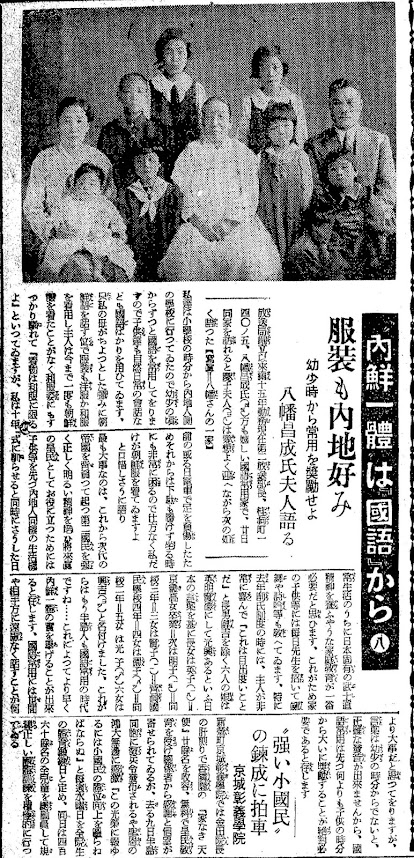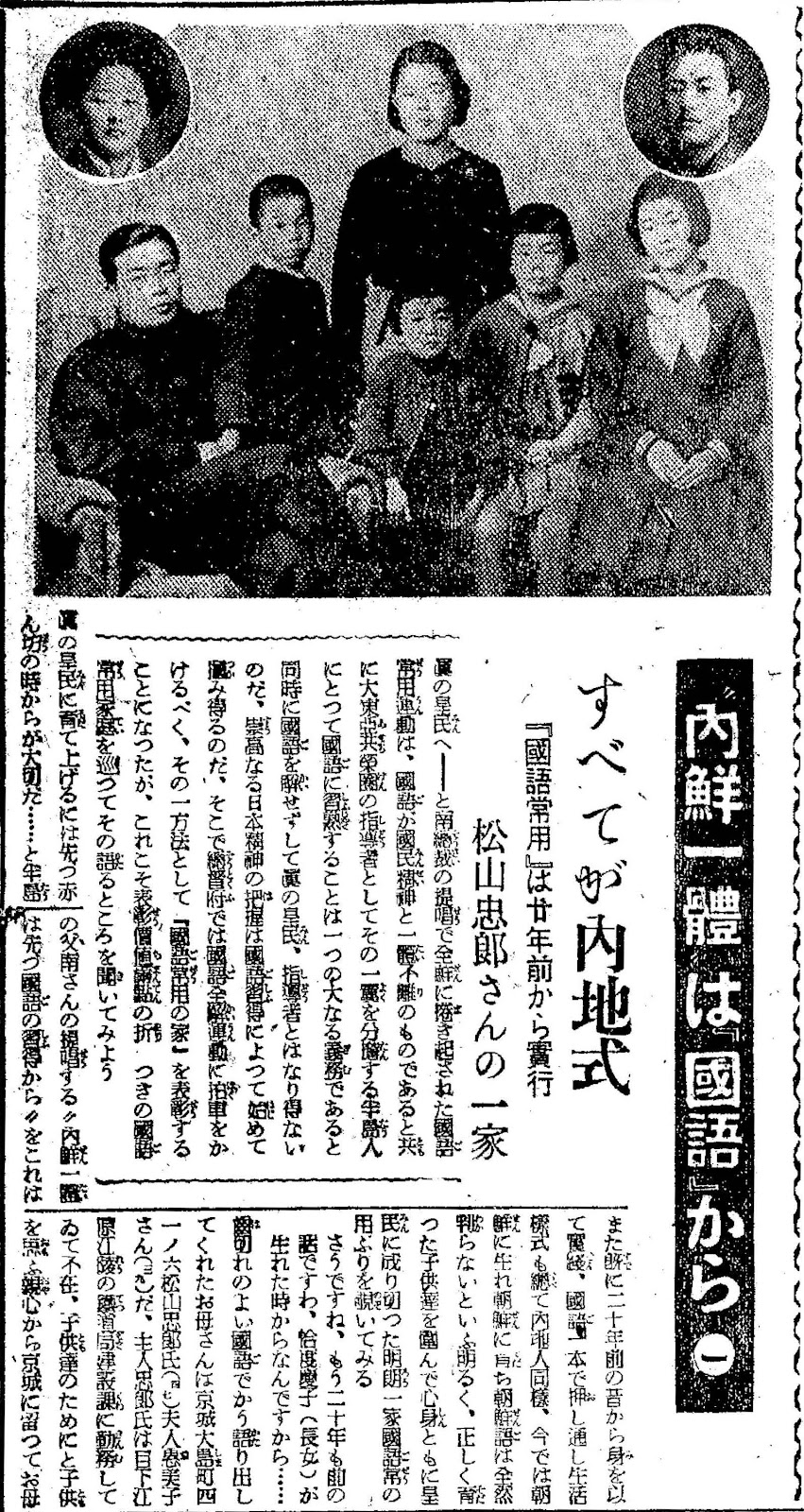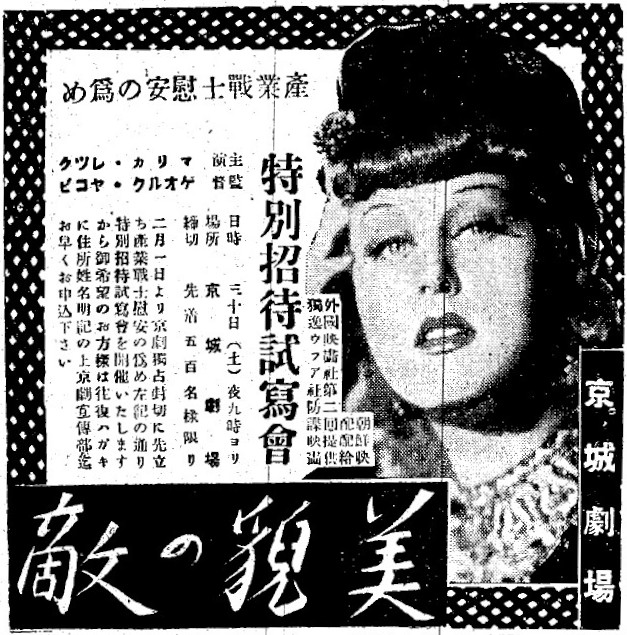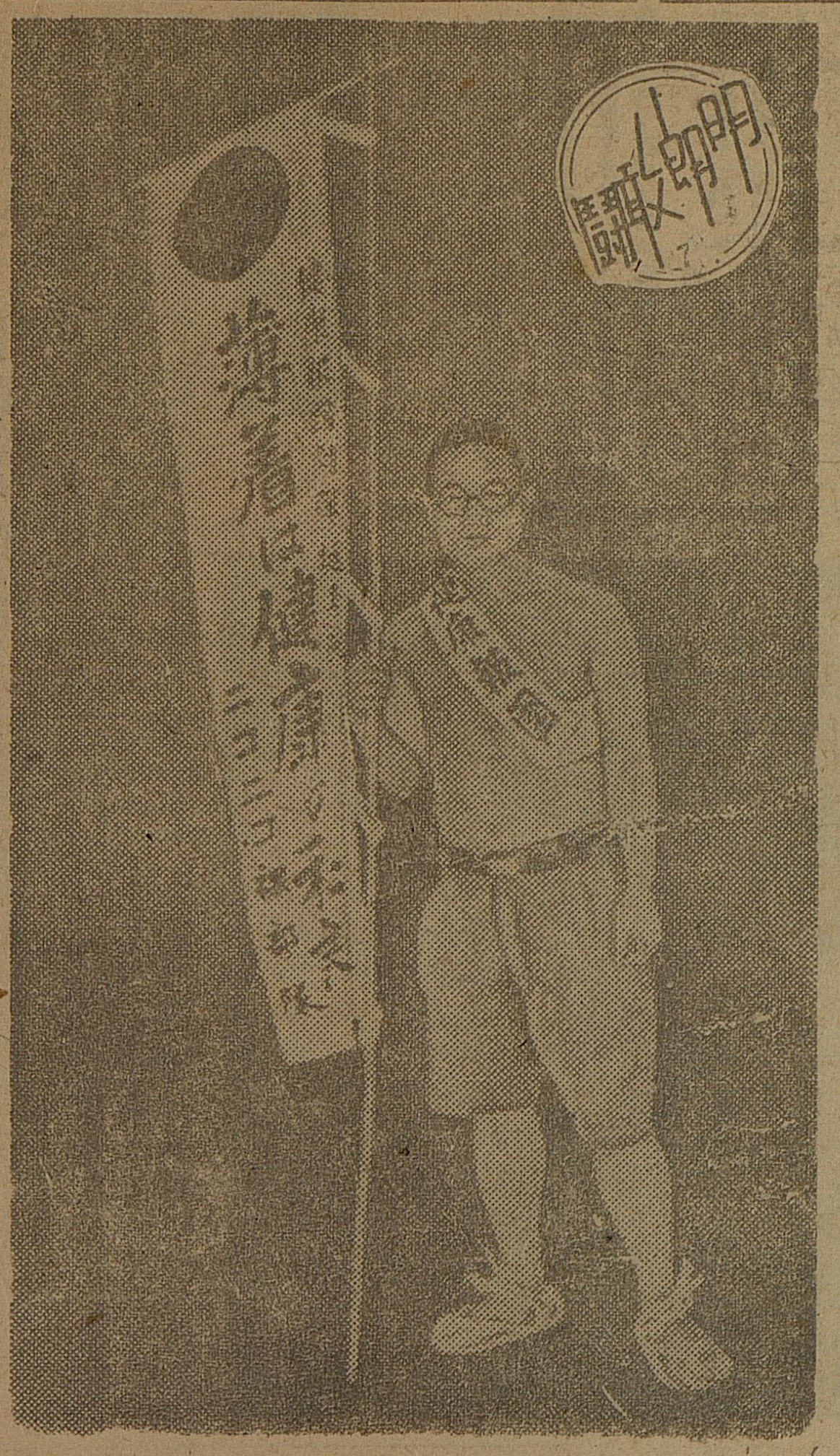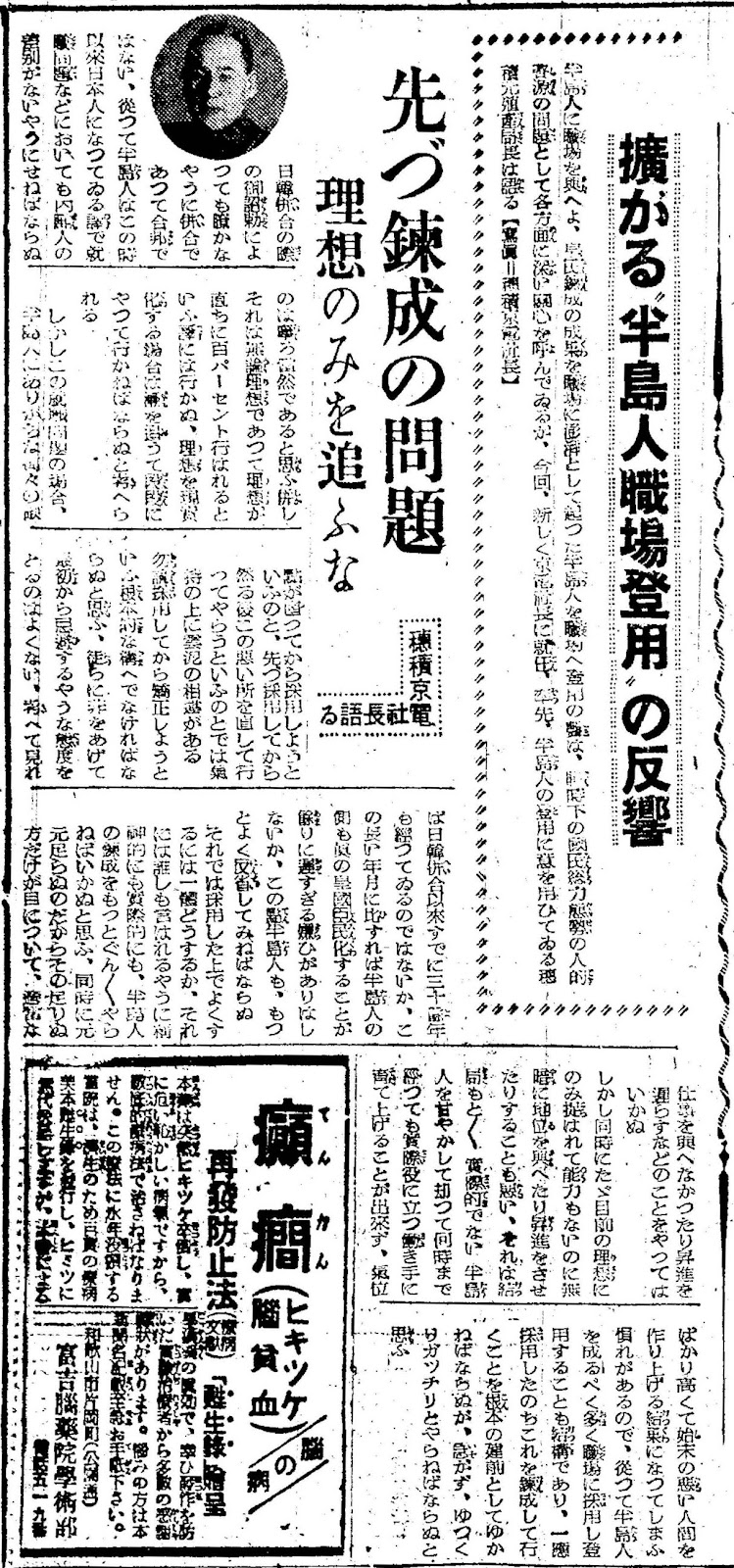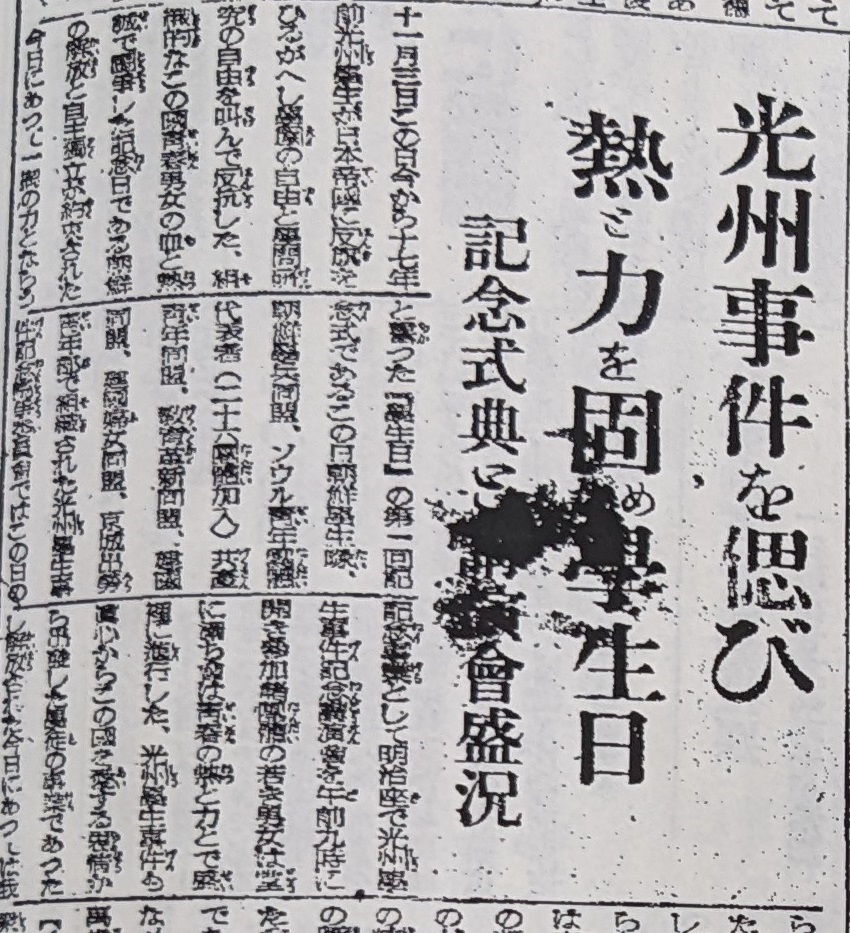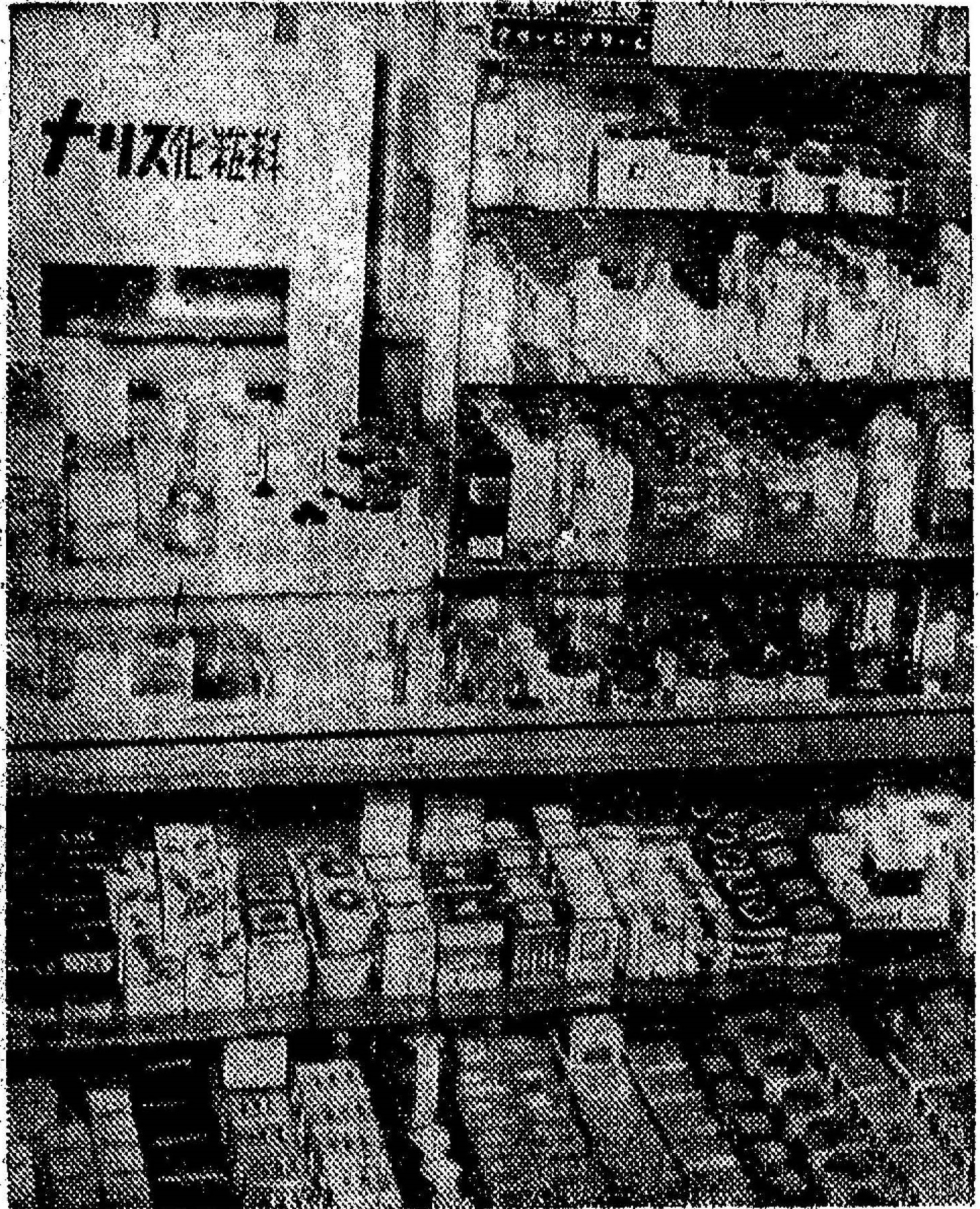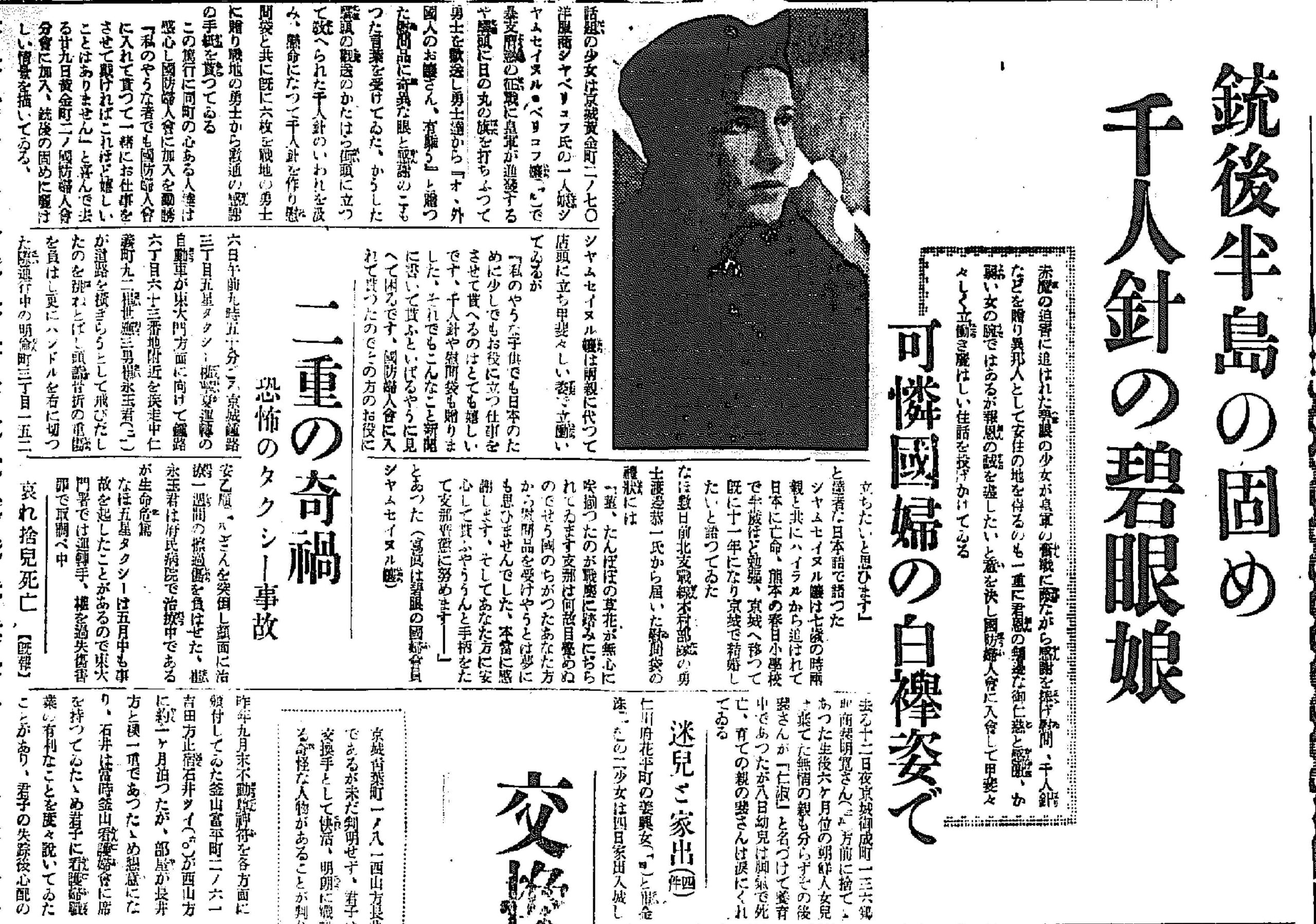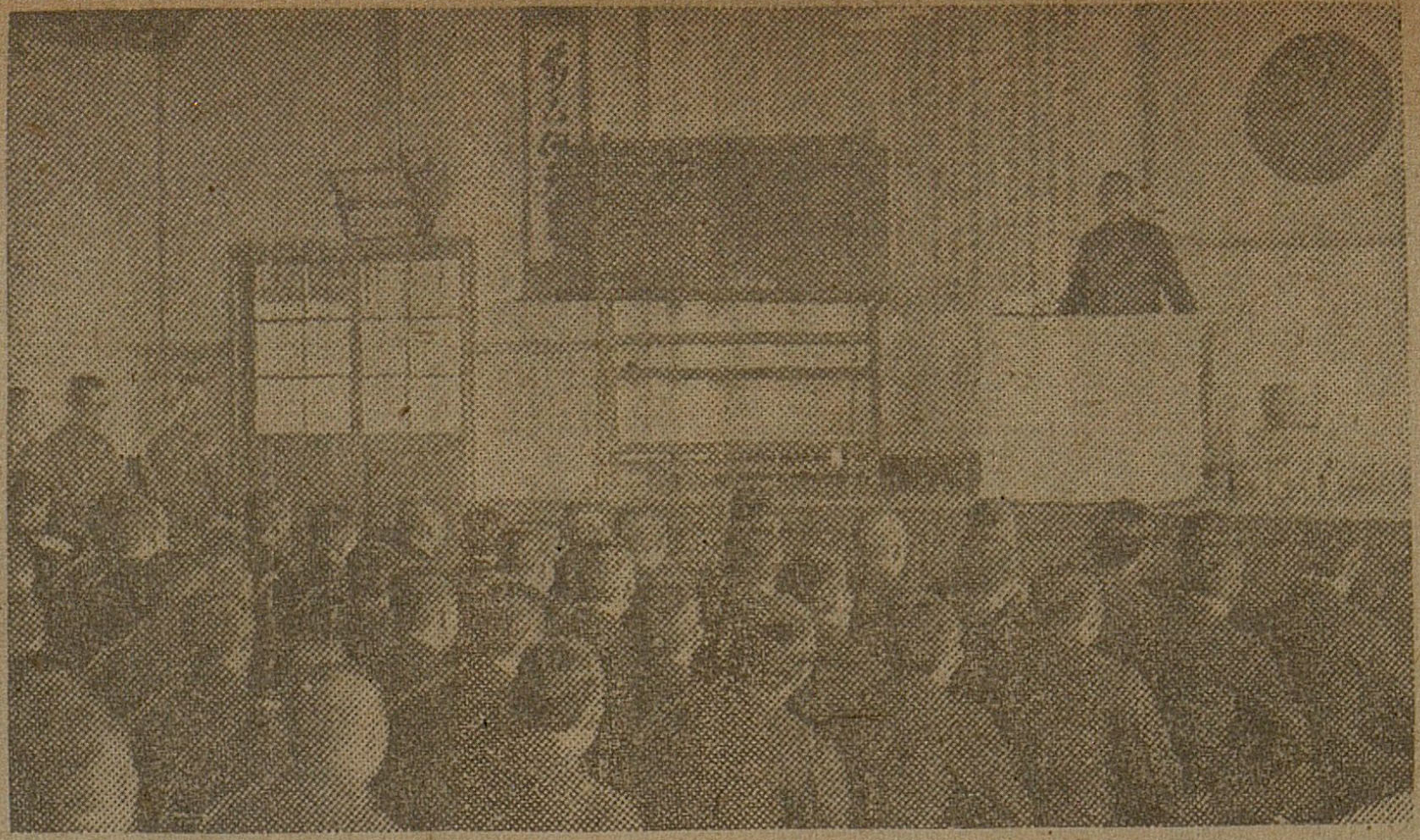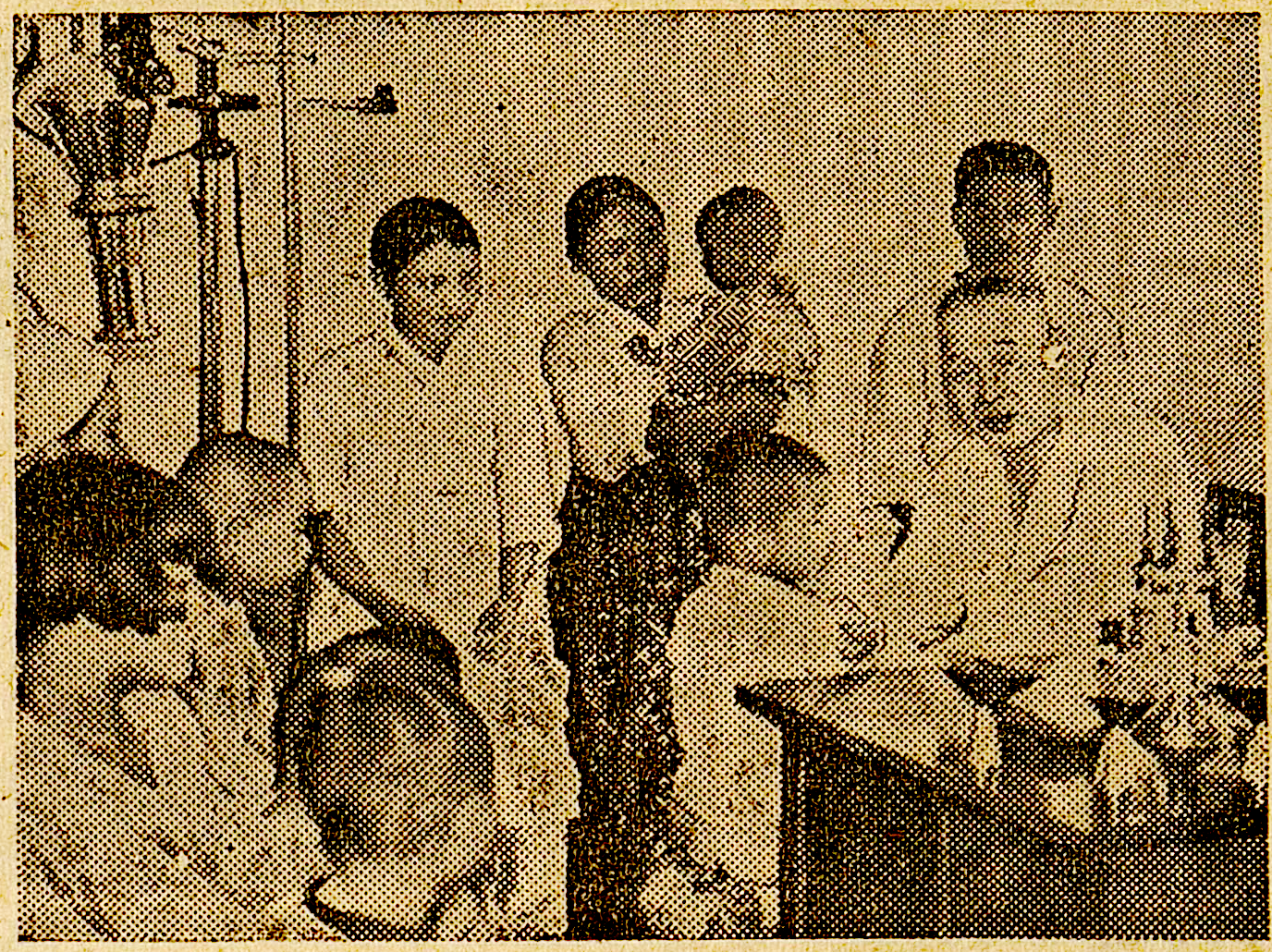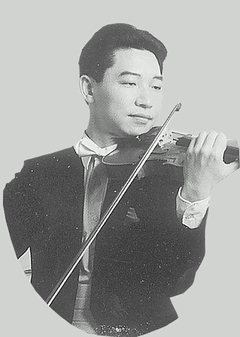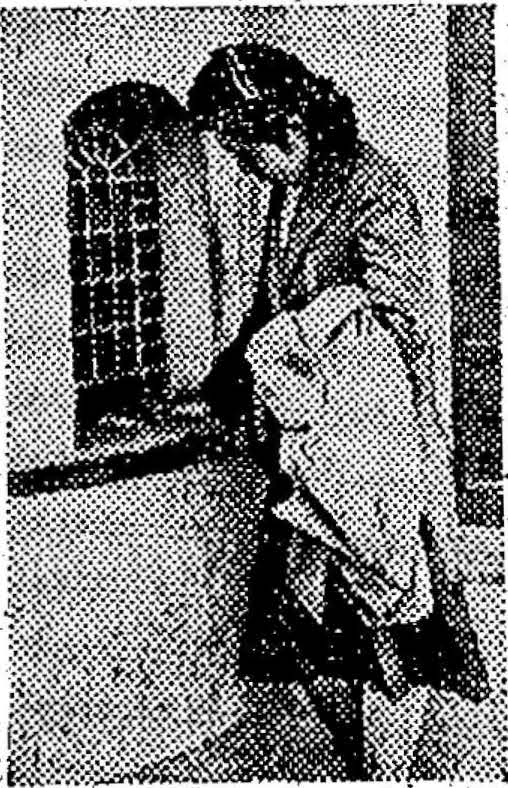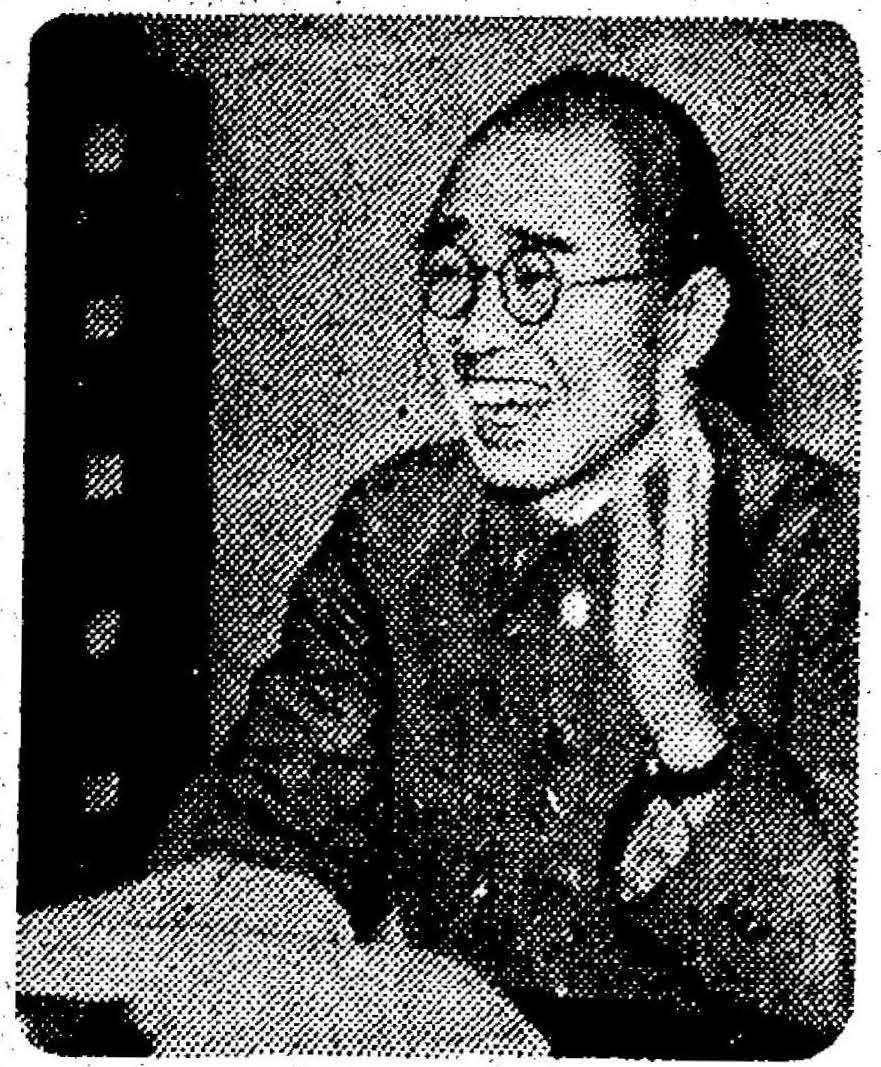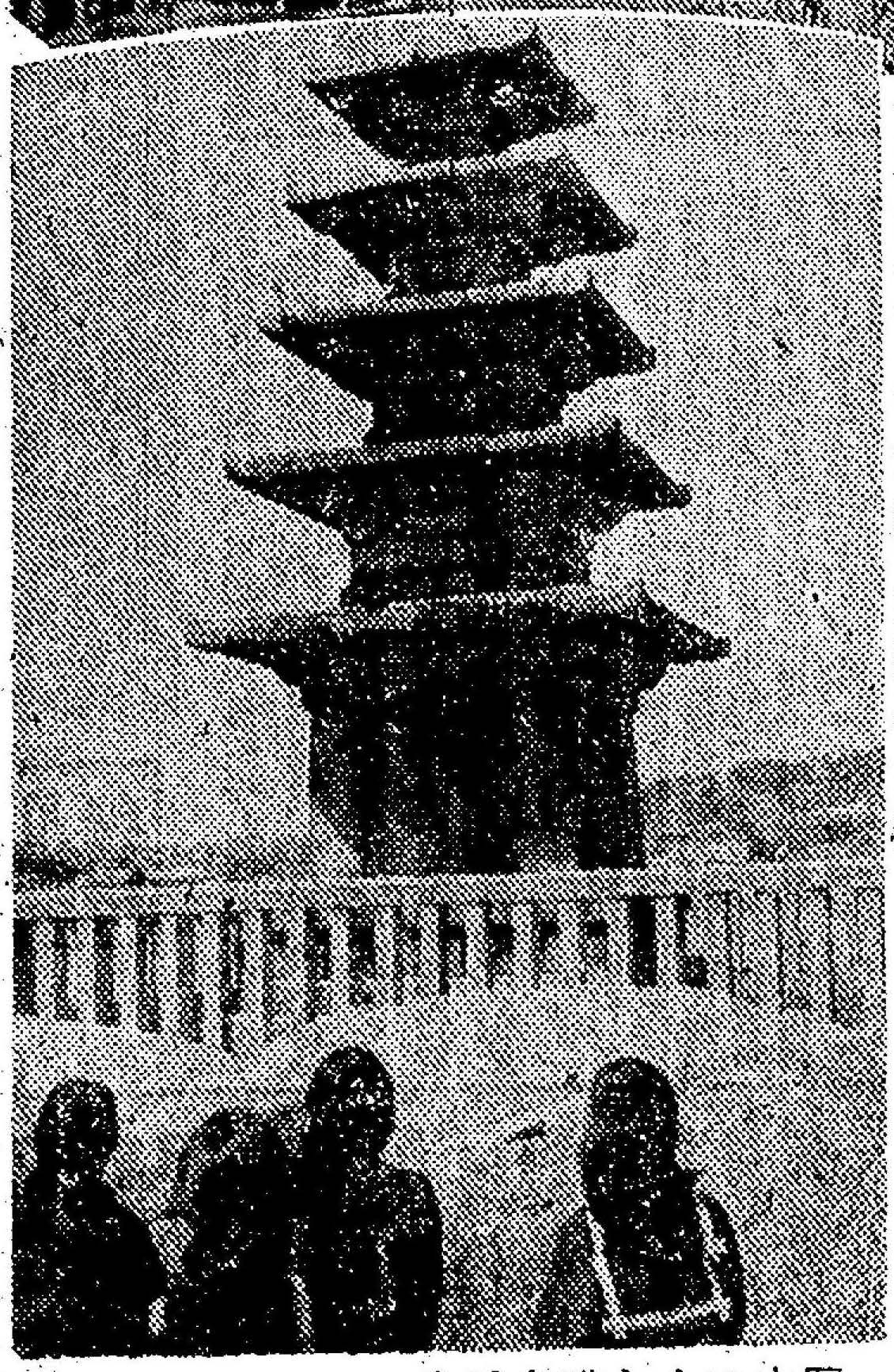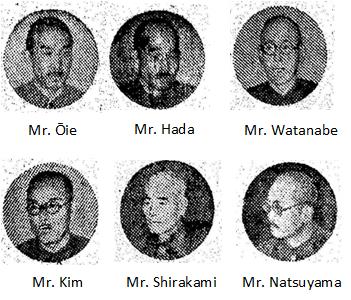Everyone in Korea was required to immediately stop exactly at 7 am for the Kyūjō Yōhai prayer vowing loyalty to the Emperor and at noon for the moment of silence honoring Imperial soldiers, even cars and trains had to immediately stop in the middle of traffic at the same time for prayers (Aug. 1943)
2022-10-29
435
970
In Japan-colonized Korea, everyone was required to perform the daily 7 am and 12 noon prayers. These 7 am and 12 noon prayers were mandatory in Korea, but not so in mainland Japan. There were usually loud sirens marking those two times of the day, and you had to immediately stop what you were doing and perform the prayers. As the following articles indicate, starting on August 12, 1943, even if you were driving a car or operating a train, you were required to immediately stop in the middle of the road or the tracks at 7 am and 12 noon sharp to perform the prayers.
The 7 am Kyūjō Yōhai ritual (宮城遥拝) involved deeply bowing several times in the direction of the Imperial Palace in Tokyo while standing, vowing loyalty to the Emperor. The noon prayer was a moment of silence in honor of the Imperial Japanese soldiers.
Enforcement of this rule was performed by the Korean Federation of National Power (国民総力朝鮮連盟, 국민총력조선연맹), which functioned as the one and only political party of Korea, the patriotic groups (JP: aikoku-han, KR: aeguk-ban, 愛國班), which were the local level neighborhood cells of the political party, and the police.
(Translation)
Gyeongseong Ilbo (Keijo Nippo) August 12, 1943
All vehicles must be stopped for the morning prayer and for the moment of silence at noon, effective today
Effective today, August 12, all vehicles must be stopped for the morning prayer and for the moment of silence at noon. At a regular press conference on August 11, Governor-General Koiso said, “Neither cars nor trains are stopping, even though they may have heard the sirens at noon,” and called for the transportation authorities to look into this. The Governor-General’s words were heard by the Gyeonggi Provincial Police Department, and he immediately ordered all trains, cars, rickshaws, and other vehicles to always stop for the Kyūjō Yōhai morning prayer and for the moment of silence at noon, just as ordinary pedestrians do, and he also instructed all police stations to ensure that drivers and others offer respectful prayers and moments of silence, so that his orders would be definitely executed.
Until now, government officials, merchants, farmers, and everyone else, whether at home or on foot, have always offered prayers and moments of silence. Once visitors set foot on the Korean peninsula, they voice their admiration seeing such a beautiful scene of people offering their prayers. Nevertheless, trains, cars, carts, and other vehicles have not stopped, but instead have sped along in clouds of dust past people offering their moments of silence. This unpleasant phenomenon was also lamented by the collective voices of the Korean Federation of National Power. On August 10th, the “Iron Rules for Life Fighting Decisive Battles” was issued by the Seoul Branch of the Korean Federation of National Power as a set of practical measures for the patriotic groups to follow, calling for all vehicles to be stopped to perform the morning prayer and the moment of silence. Starting today, all vehicles must stop immediately for the morning prayer and the moment of silence.
It is not too late!
Don’t cause traffic accidents
Message from Mr. Isaka, Chief of the Provincial Safety Division
The chief of the Gyeonggi Provincial Security Division, Mr. Isaka, urged all drivers to be careful when stopping their vehicles for the morning prayer and for the moment of silence at noon:
All vehicles should have already stopped to observe the morning prayer and moment of silence by now. However, it is not too late if we do it thoroughly even today. It was unpleasant to see just the cars not stopping while everyone else was stopping for prayers.
We will strictly admonish drivers who do not do this in the future. Cars, trains, and other vehicles must pay attention to their surroundings when stopping in order to prevent traffic accidents if the vehicles all stop at the same time.
For example, if five or six cars are traveling in a row when the car in front stops suddenly, and the car behind carelessly forgets to stop at the same time, there is a possibility of a rear-end collision. All vehicles should pay attention to these points to avoid traffic accidents.
Source: https://www.archive.org/details/kjnp-1943-08-12
Gyeongseong Ilbo (Keijo Nippo) August 13, 1943
Moment of Silence in the Train
The train conductor will remind you when the train is stopped
From August 12, all trains, cars, carts, and other vehicles are to stop for the Kyūjō Yōhai morning prayers and at noon for moment of silence, just as ordinary pedestrians do, and drivers are to offer morning prayers and moments of silence to pray for military victory and for the long life of the Imperial Japanese Military, as well as to encourage the spirit of respect for the gods and the ancestors. The director of the Transportation Department, Mr. Sakamoto, who is in charge of transportation for the one million inhabitants of Seoul, was asked about what measures he has taken for stopping the trains in Seoul.
“We immediately gathered all the employees together and urged them to thoroughly enforce the stopping of the trains. I believe that it is a necessary act for the national people on the home front to stop their cars for the morning prayer and for the moment of silence at noon to offer heartfelt thanksgiving. However, for various reasons, it is impossible for trains to stop exactly on time with the sirens, and there is also the fear that a sudden stop could result in a traffic accident. Therefore, when the sirens sound, we stop the train as soon as possible, and the train conductor informs the passengers that it is time for the morning prayer or the moment of silence. This is technically difficult, but I believe things will gradually improve through training.”
Source: https://www.archive.org/details/kjnp-1943-08-13
(Transcription)
京城日報 1943年8月12日
諸車の運転を停止、きょうから実行
朝の遥拝、正午の黙祷に
きょう十二日から『朝の遥拝と正午の黙祷には諸車一斉に停止の事』。十一日小磯総督と記者団との定例会見で総督は『正午のサイレンがきこえないのかもしれないが自動車も電車も停まらない』と述べ、交通機関への注意を喚起した。その声は打てば響くが如く京畿道警察部に伝わり、直ちにきょう十二日から電車も自動車も人力車もその他の一切の車が一般通行人と同様、朝の宮城遥拝と正午の黙祷には必ず停車し、運転手等も敬虔なる遥拝と黙祷を捧げるよう各警察署に指令し、必ず実行することになった。
これまで官公吏も商人もお百姓さんも誰でもが家にいても歩いていても遥拝と黙祷は必ず捧げており、一度半島に足を踏み入れた者は、この美しい姿に感歎の声を放っていたのだ。それにも拘わらず電車、自動車、荷車等の諸車は停車せず、静かに黙祷を捧げている人々を尻目に砂塵を巻いて疾走していたのだ。この不快の現象は総力結集の上からも嘆じられていたことであり、十日国民総力京城府聯盟から愛国班の実践事項として呼びかけた『決戦生活の鉄則』にも諸車停止の上遥拝、黙祷を行うようになっているのだ。さあ、きょうから直ちに車は停止して、遥拝、黙祷を捧げるのだ。
今からでも遅くない
交通事故を起こさぬように
伊坂道保安課長談
朝の遥拝と正午の黙祷に諸車停止の実践に入るに際し、伊坂京畿道保安課長はつぎの如く語り、諸車の注意を促した。
諸車が停止して遥拝黙祷を捧げることは既に今までに実行していなければならなかったのである。だが、きょうからでも徹底的に実行すれば遅くはないのだ。全部の人が停止しているなかを車だけが停まらないのは見苦しいことだった。
今後これを実行しない車に対しては厳重に説諭する考えであるが、自動車、電車、その他の車は一斉に同時停車することになれば交通事故防止の上から、停止する場合よく周囲に注意することが必要である。
例えば五台、六台と続いて進行中、前の車が急停車し後の車が不心得にも同時に停車を忘れた場合は追突の虞があるのだ。こういう点に諸車は注意し、交通事故を起こさないようにすべきである。
京城日報 1943年8月13日
車内の黙祷
停車して車掌から知らせる
十二日から電車も自動車も荷車も、その他すべての車が朝の宮城遥拝と正午の黙祷時間には一般通行人と同様に必ず停車し運転手等も遥拝と黙祷を捧げ、皇軍の武運長久を祈願するとともに敬神崇祖の精神を昂めることになったが、百万府民の足を預かる京電側の停車対策を坂本運輸部長に訊く。
早速従業員一同を集めて停車の徹底実施を促しました。朝の遥拝と正午の黙祷時間に車を停めて心からの感謝をこめて黙祷を捧げることは銃後国民の必遂行為だと思います。だが電車は色々な事情でサイレンとぴったり合うようには停車が不可能であるとともに、急停車は却って交通事故の発生を招来する憂いもあるので、サイレンが鳴ればなるべく早く車を停めて車掌から乗客に対し遥拝や黙祷時間を知らせるように致しました。これは技術的に困難なことであるが、訓練によって漸次よくなって行くことと思います。
